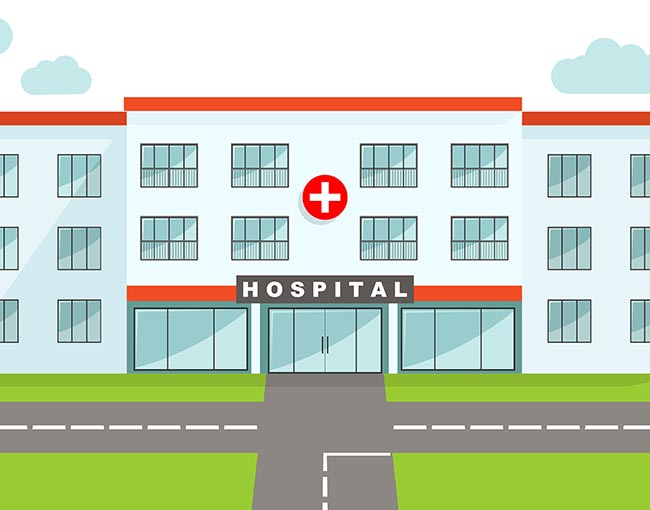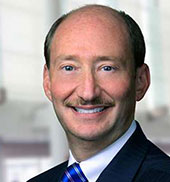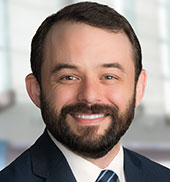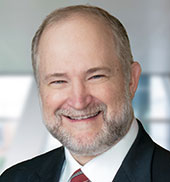On Jan. 5, 2016, the Illinois Fourth District Appellate Court ruled in the Carle Foundation Hospital case that an Illinois state law providing for property tax exemptions for certain not-for-profit hospitals is unconstitutional. Since that time, there have been several developments including the following:
- The Carle Foundation announced that it plans to appeal the ruling to the Illinois Supreme Court.
- The Champaign County Board of Review voted to place Carle Foundation and Presence Covenant Medical Center in Urbana back on its tax rolls.
- The Illinois Department of Revenue said it will await the Supreme Court’s decision before issuing any new property tax exemptions.
- The Fourth District Appellate Court denied requests to delay enforcement of the decision pending further review by the Illinois Supreme Court.
If the ruling stands, not-for-profit hospitals in Illinois could be in danger of losing their property tax exemptions.
Case details
The case involved an action brought by Carle Foundation against the City of Urbana and other taxing authorities in which the hospital sought to recover real estate taxes which it paid under legal protest during the period from 2004 to 2011.
The case centered on a statute which uses a monetary test to determine which hospitals are eligible for a property tax exemption. 35 ILCS 200/15-86. Under this law, hospitals are eligible for a property tax exemption if the hospital’s total dollar amount of charity care and other services equals or exceeds the hospital’s estimated property tax liability for the year.
The legislative authority for the statute is from article IX, section 6 of the Illinois Constitution of 1970 which provides: "The General Assembly by law may exempt from taxation…property used exclusively for…charitable purposes."
The court held that the statute exceeds the terms and conditions of article IX, section 6 because it does not require the subject property to be “used exclusively … for charitable purposes” and instead “grants an exemption on the basis of an unconstitutional criterion, i.e., providing services or subsidies equal in value to the estimated property tax liability.”
Trends in nonprofit hospital tax exemptions
This ruling appears to be consistent with a growing trend in states’ questioning property tax exemptions for nonprofit hospitals. As cities and counties continue to lose tax revenue because of property tax exemptions, nonprofit hospitals are becoming potential targets to increase revenue. For example, in November of 2015, Morristown Medical Center in New Jersey agreed to pay $26 million to the town of Morristown to settle a dispute involving the hospital’s property tax exemption. Also, state leaders in Connecticut and Maine and the mayor of Pittsburg have recently raised the issue.
Nicole Jobe is an associate in Thompson Coburn's Health Law Practice Group. She can be reached at (314) 552-6592 or njobe@thompsoncoburn.com.


















